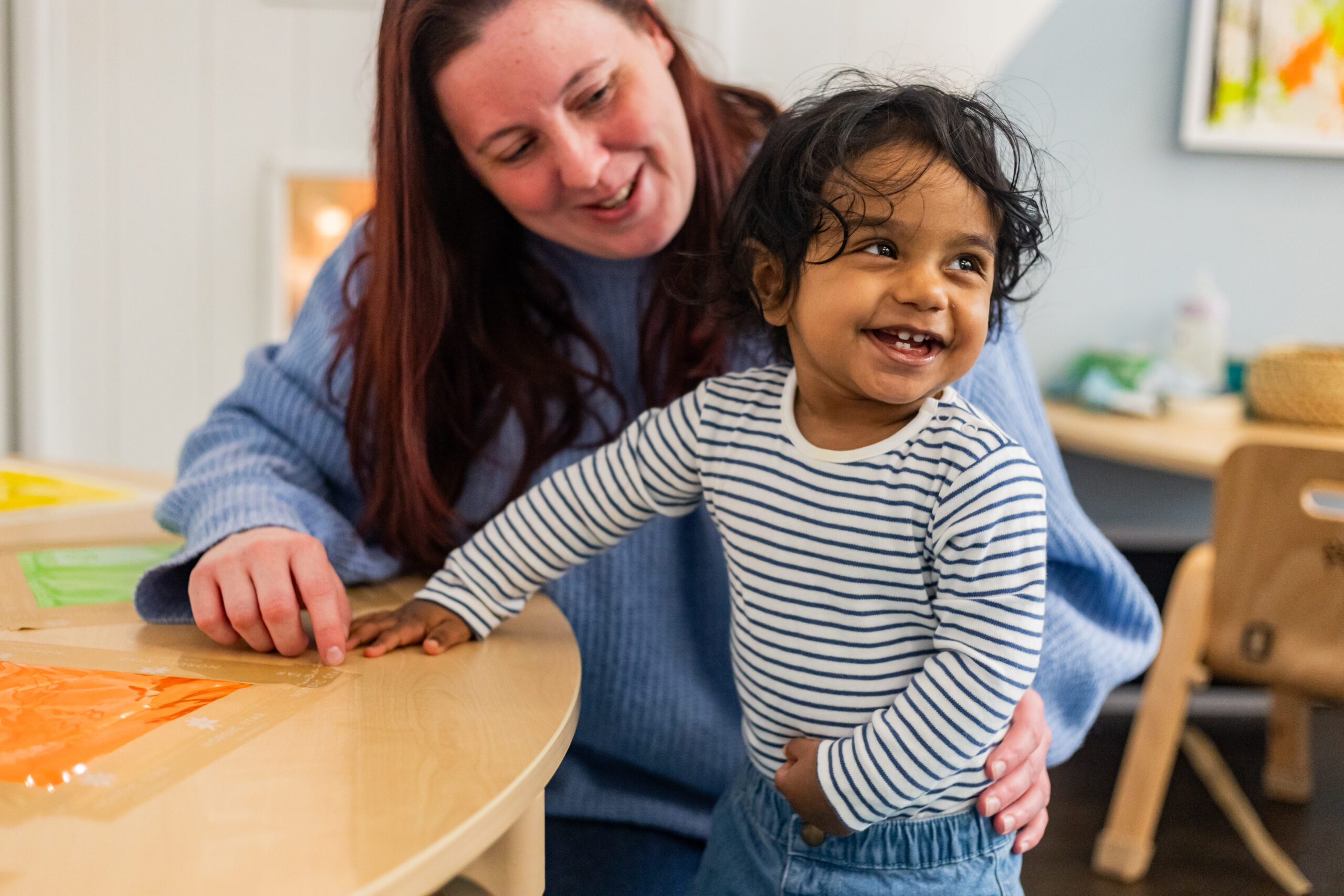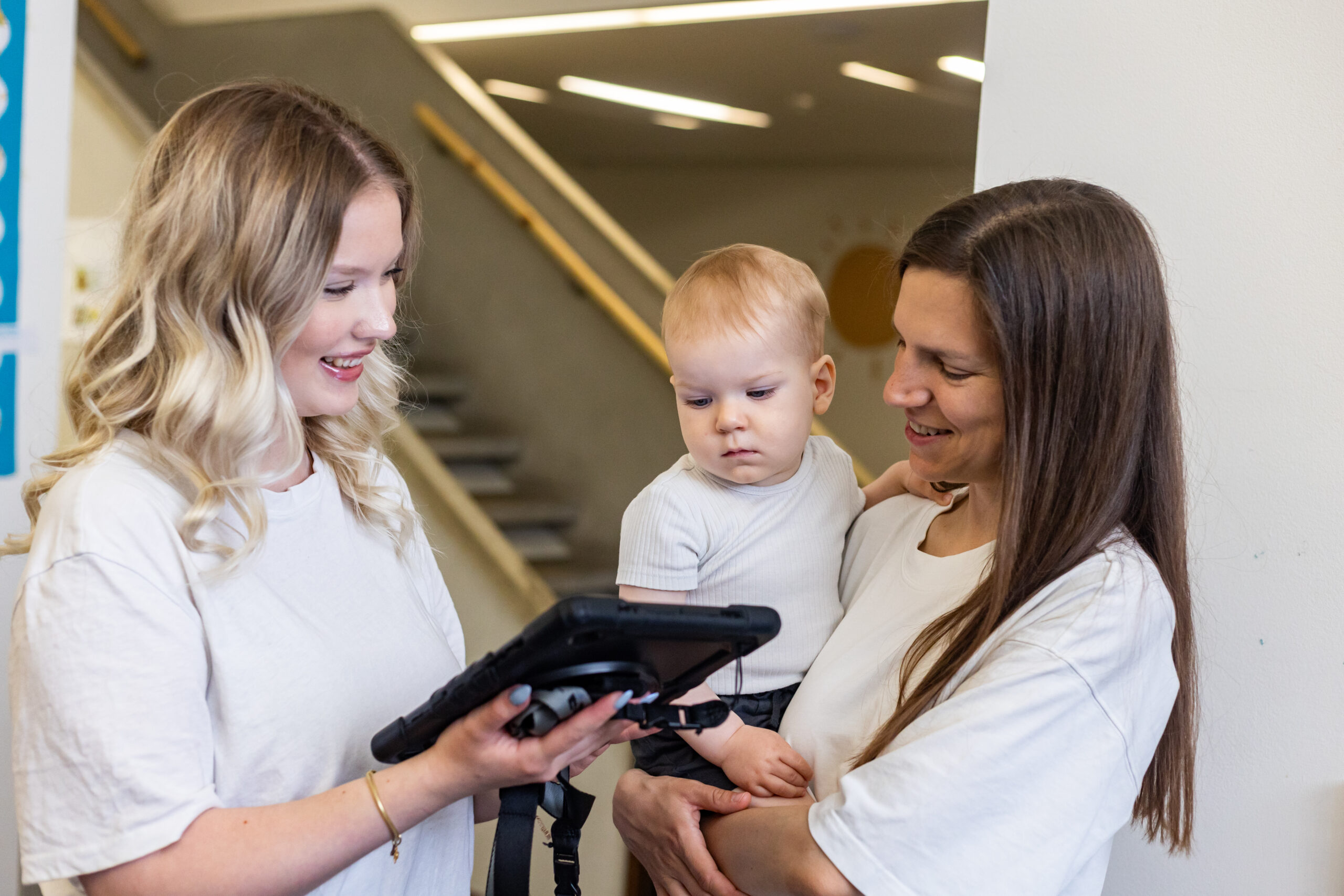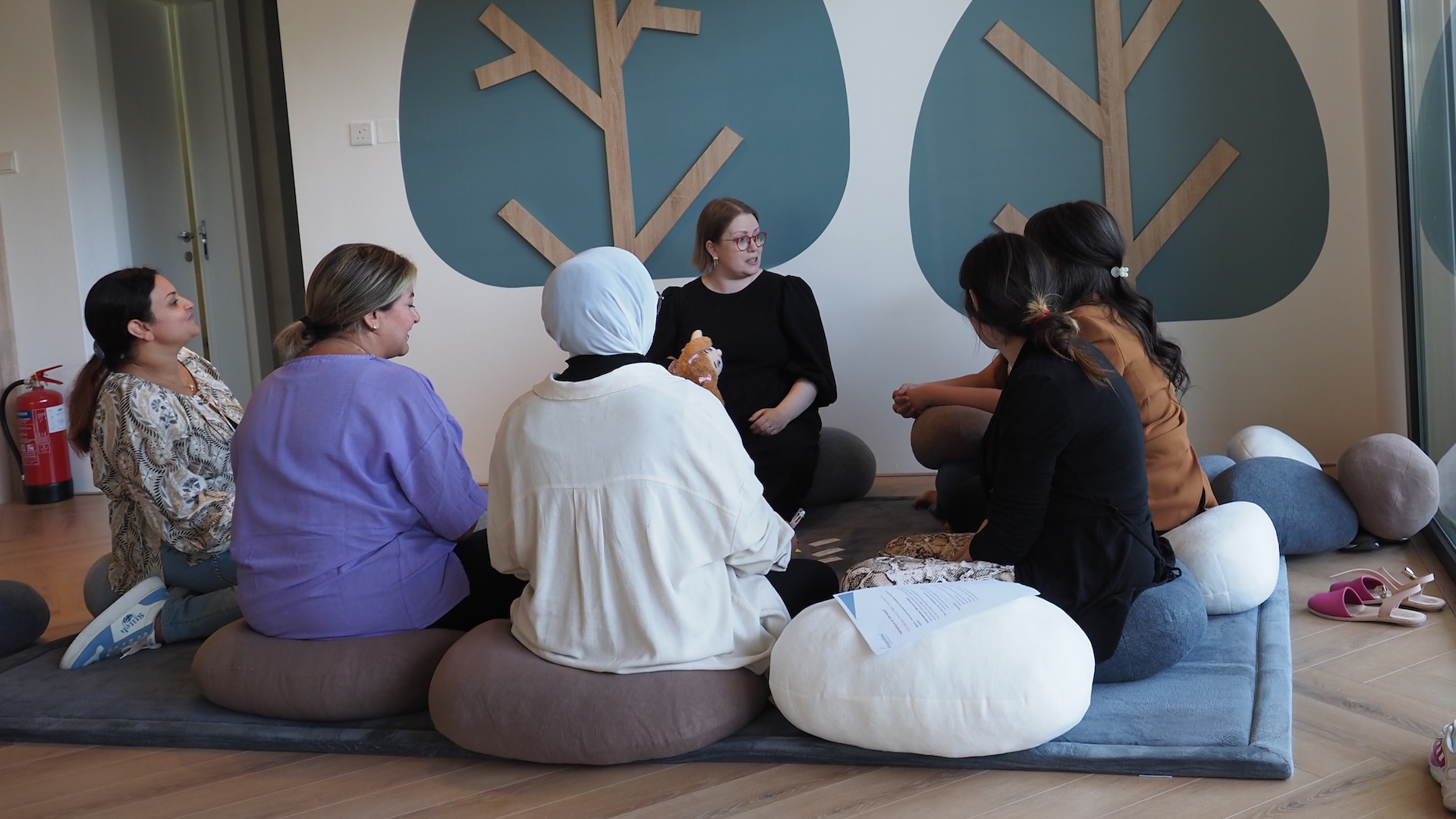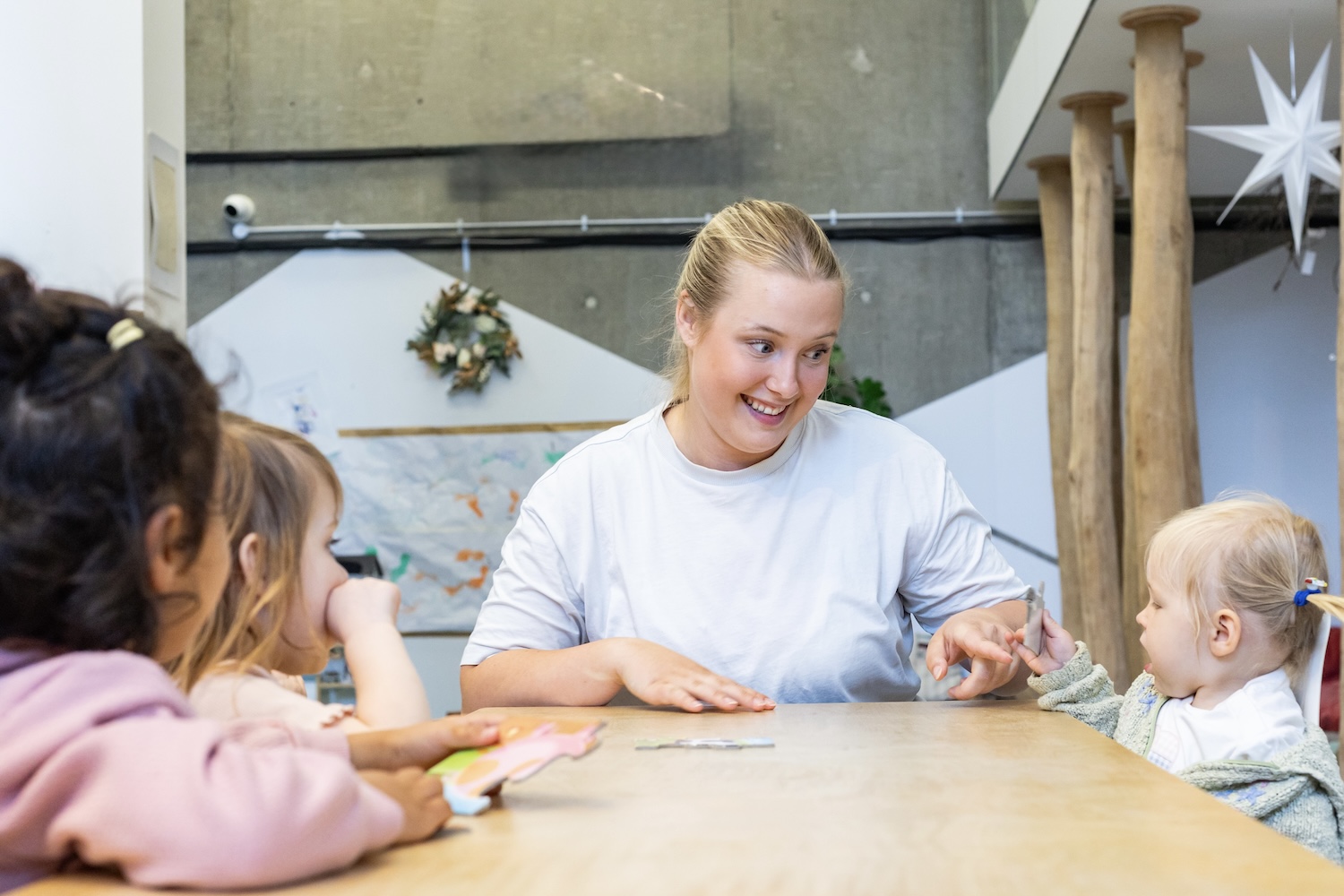Preschool is one of the most exciting stages in a child’s life – a time when curiosity is boundless and every day feels like an adventure. The right Preschool Activities can transform this natural enthusiasm into powerful learning experiences.
For a parent looking for fun ways to support your child’s growth at home, this guide offers creative, easy-to-implement activities that balance play, skill development, and joy.
At FinlandWay® Schools, we believe in a child-centred, play-based approach that nurtures not just academic skills but also creativity, confidence, and emotional intelligence.
Why preschool activities matter for early learning
Building foundational skills through play
Preschool Activities aren’t just “keeping children busy” – they are the foundation of essential life skills. Research from the Harvard Graduate School of Education shows that early experiences shape a child’s ability to think critically, solve problems, and adapt to new situations.
Structured play develops:
- Cognitive skills (problem-solving, memory, early mathematicis and literacy)
- Motor skills (fine motor through crafts, gross motor through movement)
- Social skills (sharing, cooperation, empathy)
Sources:
Harvard Graduate School of Education. (2011). The Science of Early Childhood Development: Closing the Gap Between What We Know and What We Do. Center on the Developing Child, Harvard University. https://developingchild.harvard.edu/resources/the-science-of-early-childhood-development/
Oghenerume, R. A. (2026). Measuring the Implementation of Early Childhood Education Using Stufflebeam’s CIPP Model. Indonesian Journal of Multidisciplinary Research. PDF link
Group-based preschool activities, such as circle games, drama, or cooperative art projects, help children learn to express their feelings, understand others, and work as part of a team.
The National Association for the Education of Young Children (NAEYC) notes that early social-emotional skills are directly linked to academic success later in life.
Ideas for creative preschool activities
Arts and crafts projects
From finger painting to recycled art, creative projects encourage self-expression while improving fine motor control.
- Example: Nature Collage – collect leaves, flowers, and twigs to make art.. Make this a long-term project to rehearse patience and resilience.
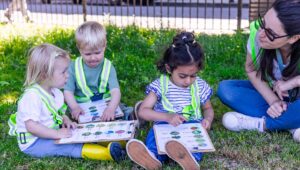
Music and movement
Music develops rhythm, coordination, and listening skills. Add scarves, percussion instruments, or action songs to make it lively.
- Example: Freeze Dance – dance when the music plays, freeze when it stops.

Storytelling and Dramatic Play
Role-play boosts imagination, language skills, and empathy.
- Example: Puppet Theatre – children create characters and act out stories. To add to the activity, write down the story and read it to the children later and ask if they want to change anything – this is a Finnish method to boost participation called storycafting!
Outdoor Exploration
Nature-based learning connects children with the world around them.
- Example: Mini garden project – plant seeds and watch them grow. Living in an apartment? Your mini garden can consist of two pots. The important part is to nurture the plant and experience it grow and bloom through seasons.
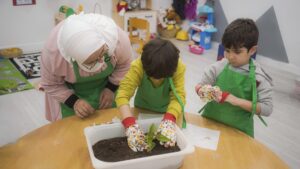
Setting up preschool activities at home
Simple materials
You don’t need expensive toys to make learning fun. Recycled, everyday items can be transformed into engaging tools. Pssst, at the same time you can teach about ecology to the children!
| Material | Activity Idea | Skills Developed |
| Egg cartons | Counting and sorting game | Numeracy, fine motor |
| Old magazines | Picture collage | Creativity, vocabulary |
| Plastic bottles | DIY bowling game | Coordination, counting |
Designing home-friendly preschool activities
Group Games and Cooperative Learning
Circle games like “Pass the Ball” teach turn-taking, while collaborative art projects encourage teamwork.
Identify learning objectives:
- Counting seeds during planting = mathematics
- Acting out a story = literacy & language
- Singing songs about the weather = science
Tips for making preschool activities engaging and educational
- Keep sessions short (10–20 minutes for younger preschoolers).
- Mix quiet and active activities to maintain focus.
- Offer (limited) choice – let children pick between two activities.
- Use positive reinforcement to encourage participation.
Data insight – how preschool activities impact learning
Impact of daily preschool activities on skill development
Children engaged in structured Preschool Activities daily show 15–20% higher development in all skill areas compared to unstructured play.
Time allocation in classroom preschool activities
Balanced programmes dedicate around 40–50% of the day to creative and movement-based activities.
Vocabulary growth with regular story-based activities
Incorporating storytelling Preschool Activities for at least 8–12 weeks can boost early vocabulary by up to 40%.
Sources:
Bierman, K. L., Nix, R. L., Greenberg, M. T., Blair, C., & Domitrovich, C. E. (2008). Executive functions and school readiness intervention: Impact, moderation, and mediation in the Head Start REDI program. Development and Psychopathology, 20(3), 821–843. https://doi.org/10.1017/S0954579408000394
Goble, C., & Pianta, R. C. (2017). Teacher–child interactions in free choice and teacher-directed activity settings: Prediction to school readiness. Early Education and Development, 28(8), 1035–1051. https://doi.org/10.1080/10409289.2017.1322449
Isbell, R., Sobol, J., Lindauer, L., & Lowrance, A. (2004). The effects of storytelling and story reading on the oral language complexity and story comprehension of young children. Early Childhood Education Journal, 32(3), 157–163. https://doi.org/10.1023/B:ECEJ.0000048967.94189.a3
Frequently asked questions (FAQ)
Q1: How often should I plan Preschool Activities for my child?
Daily short activities (10–30 minutes each) are best, mixed with free play.
Q2: Can Preschool Activities be adapted for children with special needs?
Yes, activities can be modified for sensory, motor, or learning needs.
Q3: What’s the difference between free play and structured Preschool Activities?
Free play is child-led, while structured activities are planned with specific learning goals. Both are important.
Final thoughts
Creative Preschool Activities make learning joyful, meaningful, and memorable. Whether you’re at home or in a classroom, these ideas can inspire curiosity, strengthen skills, and prepare children for a lifetime of learning.
If you’d like to see how a proven, research-backed curriculum brings these principles to life, explore FinlandWay® Schools – where play-based learning meets world-class early education.

